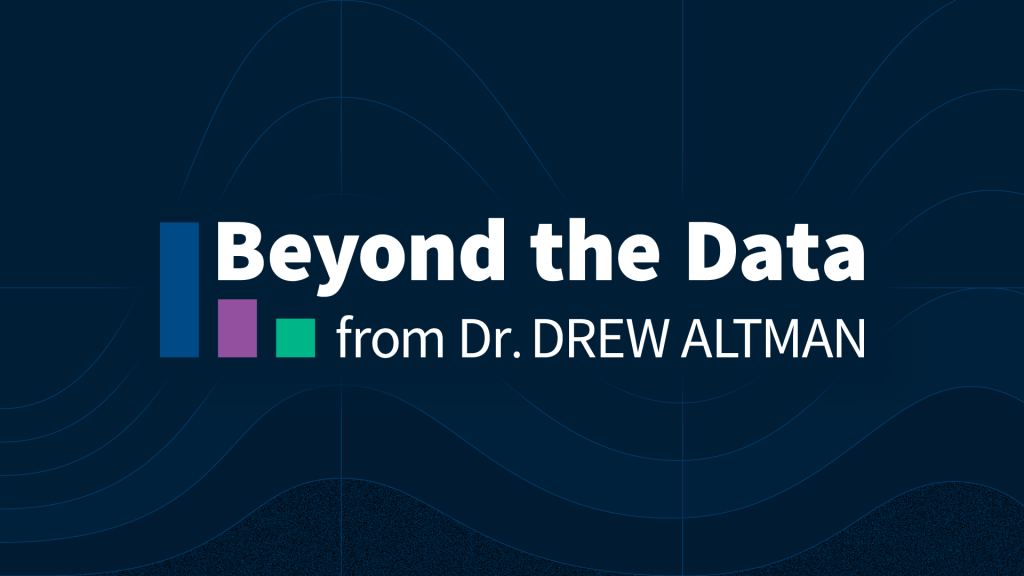Explaining the Muddle on ACA Tax Credits
In his latest column, KFF’s President and CEO Dr. Drew Altman looks at why the issue of extending the enhanced ACA tax credits has languished in Congress without clear direction, despite its importance to the 24 million people who get their coverage in the ACA Marketplaces today and the potentially significant role the issue could play in the midterms if the credits are not extended.

